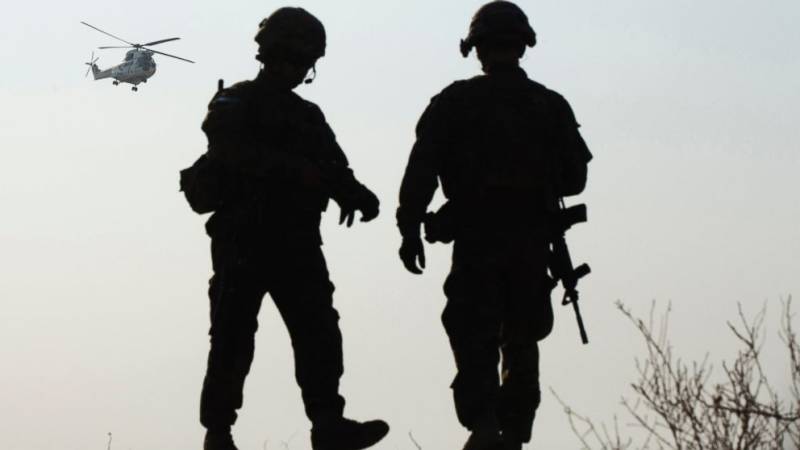Washington - Taliban and American military officials have taken to social media to accuse each other of acting against peace building efforts in conflict-torn Afghanistan, reported Voice of America (VOA) on Sunday.
The spar between the two adversaries via Twitter comes as American and representatives of the insurgent group are engaged in a months-long dialogue to try to bring an end to the Afghan war. But the talks have failed to deter the Taliban from ceasing or reducing battlefield hostilities. Deadly battles between Taliban insurgents and US-backed Afghan security forces in recent days have killed and wounded hundreds of people, including civilians.
Taliban spokesman Zabihullah Mujahid tweeted late Saturday that Washington, and not his group, is opposed to peace efforts. He reiterated the Taliban’s traditional stance that the US military intervention in Afghanistan is to be blamed for the 17-year-old war.
“So long as you occupy our country through forces & and plots, no true Afghan will seek peace but will want to force you out,” the insurgent spokesman tweeted. He was responding to reported remarks by US military spokesman Colonel Dave Butler that the Taliban are hurting Afghans who want peace in the country.
Mujahid urged Butler to speak only for the Americans and “think about ways of ending your occupation” rather than trying to represent Afghans.
“You know this not true. The Afghan people know this is not true. You have the opportunity to reduce violence but you chose not to,” Butler responded. “The Taliban are choosing to ignore the will of the people and bring harm to this country. Peace is the right way,” he added.
Butler’s comments prompted Mujahid in a subsequent tweet to ask the US military spokesman whether it was not true that American forces were “forcefully” based in Afghanistan and dropped “countless bombs” and imprisoned thousands of Afghans.
“The people you claim you’re fighting for want peace. You know the truth. You are not even in this country but sending Afghan sons to die while you attack the pride of the people — the Afghan Security Forces. You claim to fight us but only attack Afghans,” Colonel Butler responded in a tweet early Sunday.
He did not elaborate but Afghan and American officials have long alleged Taliban fighters use sanctuaries in Pakistan to orchestrate cross-border insurgent activities. Officials in the neighbouring country reject the charges and blame Afghan refugee populations near the border areas for serving as hideouts for insurgents.
The United States and its allies invaded Afghanistan in 2001 to dislodge the Taliban from power for sheltering Al-Qaeda leaders blamed for plotting the 9/11 attacks on American cities.
TALIBAN, GERMAN ENVOYS MEET IN QATAR
A Taliban envoy has met in Qatar with Germany’s special representative for Afghanistan amid international efforts to end the nearly 17-year-old war, reported German news agency DPA.
In a statement on Sunday, the Taliban said Markus Potzel held talks with Mullah Abdul Ghani Baradar, the Taliban’s deputy leader who is leading the militant group’s peace efforts.
US and Taliban negotiators have met for several rounds of peace talks since last year, and despite progress have been unable to finalise a peace agreement.
Sohail Shaheen, the spokesman for the Taliban’s political office in Qatar, said in a statement on Sunday that Potzel and Baradar discussed “various aspects” of a possible peace deal, and “efforts of Germany in this regard.” Potzel, the ambassador to Afghanistan from 2014 to 2016, also met Baradar for talks on May 1.
The latest talks between US and Taliban representatives ended on May 9, with US special envoy to Afghanistan Zalmay Khalilzad saying that “steady but slow progress” was made.
US and Taliban negotiators have been trying to find agreement on four interconnected issues, including the Taliban breaking off ties with groups designated as terrorist by Washington, the timetable of a US military withdrawal, a ceasefire in Afghanistan, and an intra-Afghan dialogue that would include the Taliban and government representatives.
The Taliban have refused to negotiate with the Western-backed Kabul government, viewing it as illegitimate.






